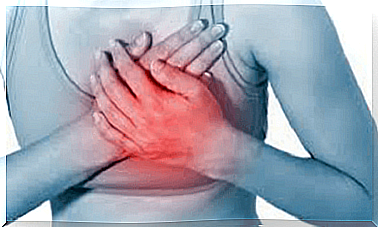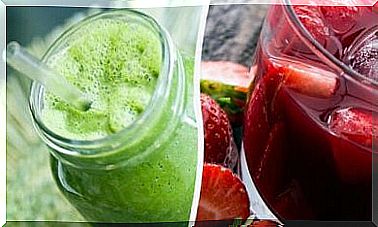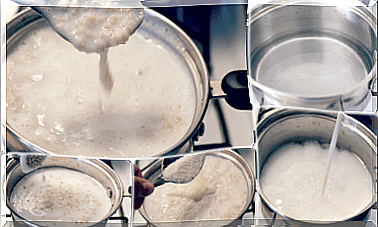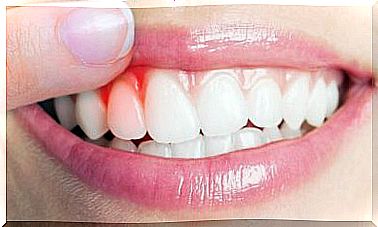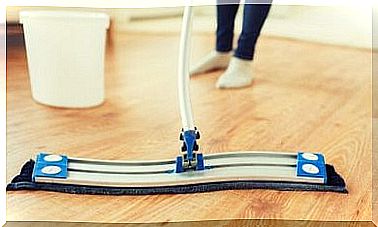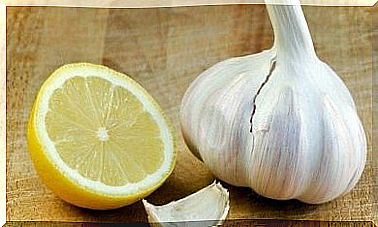5 Edible Seeds And Seeds: That’s Why They Are So Healthy
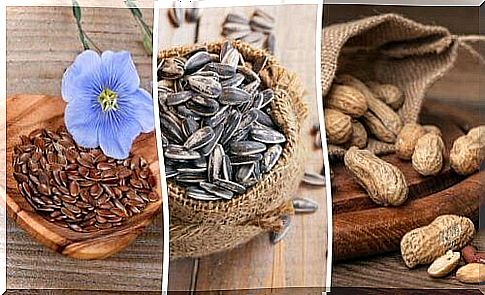
Edible seeds and grains are the origin of nutrition. They are, after all, a living plant that allows for renewal and regeneration. Seeds and seeds can be kept alive even after being sent for storage. Inside are elements that are reserved to keep the future plant alive through its initial stages.
Types of edible seeds and kernels
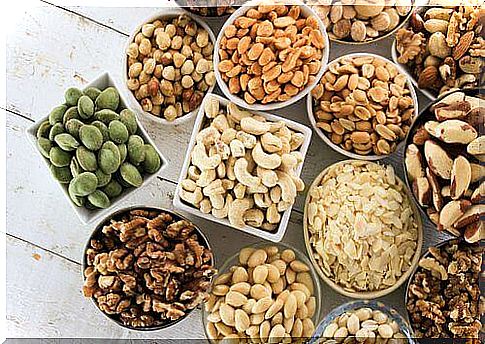
There are different species and categories of edible seeds and kernels:
Legumes
Basically, these are edible seeds that are dried, cleaned and extracted from the pod. For example, chickpeas, lime beans, green, red or black beans and lentils, just to name a few.
They are complete foods that contain almost all nutrients. Typically, they provide approx. 350 kcal / 100 g. They also provide:
- Between 16% and 19% of the daily recommended amount of protein
- Slowly digested carbohydrates
- Soluble fibers
- Polyunsaturated fatty acids (omega 3 and 6) and monounsaturated fatty acids (omega 9)
Likewise, legumes can even help control cholesterol and blood sugar. In addition, they also help reduce the risk of suffering from heart disease and even certain cancers. Therefore, legumes are an important source of vegetable protein for humans.
Nuts
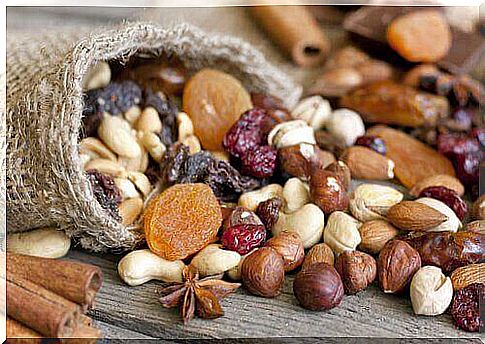
Nuts have a hard shell and a seed inside. These include chestnuts, hazelnuts, walnuts and apples. This type of seed is rich in healthy fats. In addition, they have high content of antioxidants, vitamin E and minerals.
Nuts also reduce your risk of suffering from cardiovascular and circulatory diseases. In addition, they can provide an improvement in nerve signal transmission. In addition, nuts can help strengthen the skeletal, muscular and nervous systems.
Oily seeds
Oily seeds are edible seeds from which you can extract oil. Examples include sesame, sunflower and pumpkin seeds. Similarly, they function as a complete food due to their high content of proteins and healthy fats.
Also read:
Edible seeds and kernels their properties
In the following, we take a closer look at 5 edible seeds and kernels that have incredible properties.
1. Sunflower seeds
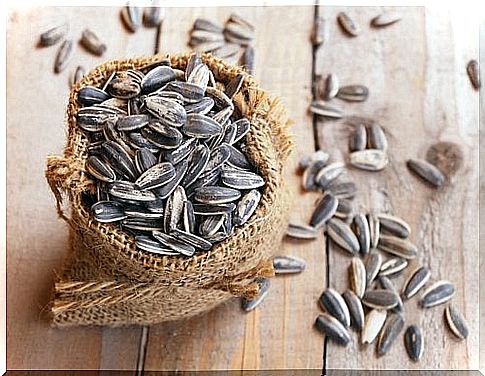
Sunflower seeds contain approx. 36% oil and 23% protein. They are a source of vitamins E, B1, B2 and B3. In addition, they also contain minerals such as potassium, iron, magnesium and phosphorus.
Sunflower seeds provide you with omega-6 fatty acids that are important for cellular metabolism and for reducing the risk of circulatory and cardiovascular disease.
In addition, they also contain soluble and insoluble fiber, which helps ensure that the intestines function properly.
2. Pumpkin seeds
Pumpkin seeds are a great source of protein. Just 100 g provides about 54% of our daily needs!
They also contain essential fatty acids (omega-3 and omega-6) that help reduce cholesterol levels and help the circulatory functions to function properly.
Thanks to B vitamins, vitamin E, folic acids, phosphorus, magnesium and iron, they are also useful if you have a deficiency of any of these in your body.
Finally, they also contain curcubitacin, which helps get rid of intestinal parasites.
Flaxseed
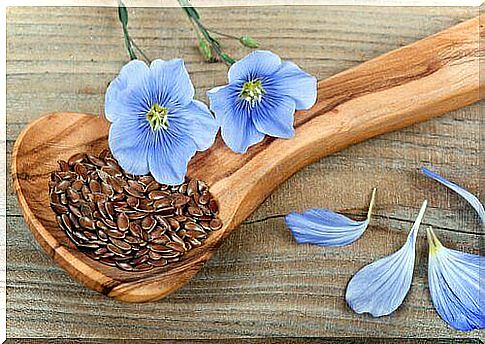
Flaxseed is especially known for its rich content of alpha-linolenic acid (part of the omega-3s). They are also known to provide various nutrients like carbohydrates, fiber, proteins, vitamins B and E, calcium, magnesium, phosphorus and potassium.
Together, these nutrients act as antioxidants, anti-inflammatory drugs and anticoagulants.
They are also very useful if you suffer from constipation or intestinal inflammation.
4. Chia seeds, some of the healthiest in edible seeds and kernels
Chia seeds are known as the best vegetable source of omega-3. They are rich in vitamins (especially B vitamins) and minerals (calcium, magnesium, phosphorus, zinc and potassium).
In addition, they can help reduce joint pain, encourage weight loss and improve the intestinal tract. They even help prevent cardiovascular problems and diabetes and are gluten free.
However, it is important to point out that chia seeds have a very high calorie content : 100 g contains 500 kcal, so you should eat them in moderation. In addition, it is best to ingest them after soaking them in water for at least 2 hours, which will help you digest them better and utilize their fiber content better.
Also read:
5. Peanuts are super healthy
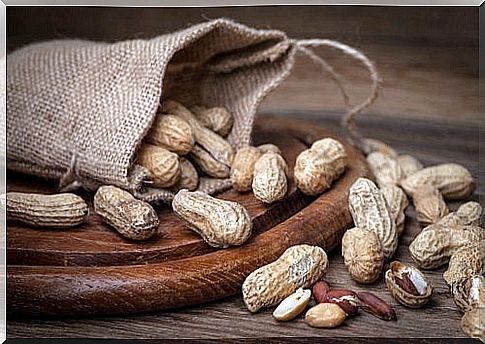
This nut contains a high percentage of monounsaturated fatty acids (close to 75%). These help reduce the risk of death from heart disease.
In addition, they also contain albumin, carbohydrates, minerals (iron, calcium and phosphorus) and vitamins (A and B1).
Peanuts are very nutritious and contain more protein than other legumes and even meat, which gives you energy.
According to studies, peanuts can help reduce the risk of suffering from breast cancer. In addition, peanuts can help reduce the risk of cancer growth.
How to get the most out of edible seeds and kernels
- Eat raw nuts. Eating nuts that have been exposed to high temperatures lowers their nutritional value and alters the properties of the vitamins and minerals.
- Avoid seeds that are covered in sugar or roasted in salt.
As you can see, a balanced consumption of edible seeds is very beneficial for your health and for your body. Next time you go to the supermarket, do not forget to add some of them to your shopping list!
